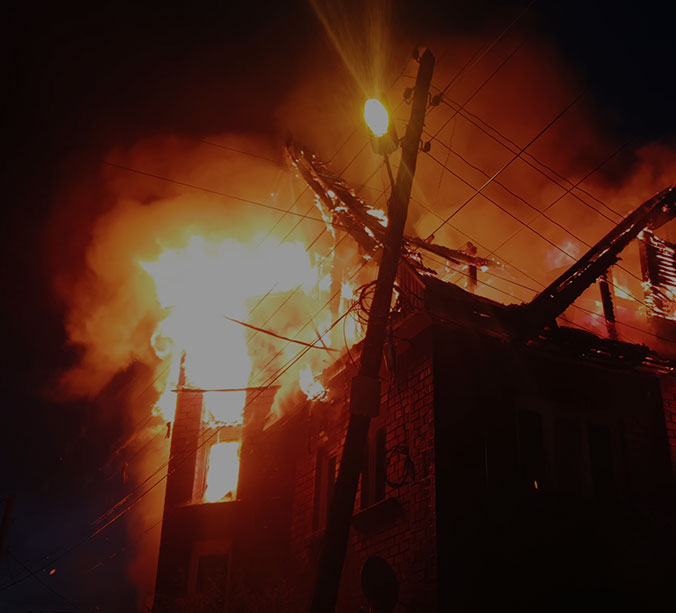What You Need To Know About Arson
Pennsylvania law defines several types of arson offenses:
- Arson endangering another person, where you intentionally start a fire or cause an explosion, or your hire someone to start a fire or cause an explosion – and recklessly place an individual in danger of death or injury. Arson that endangers others is a felony of the first degree.
- If the fire or explosion causes someone’s death, including firefighters or police, regardless of your intent you can be guilty of murder in the second degree.
- If the fire or explosion endangers property only, and your deliberate intention was to destroy or damage the unoccupied building to collect insurance or for another illegal purpose, you face a felony of the second degree.
- If you the fire or explosion was intentionally committed, and put an unoccupied building in danger of destruction or damaged personal property with a value exceeding $5,000, or if the property is a car, motorcycle, airplane or motorboat, you face a felony of the third degree.
- You commit a summary offense if you intentionally or recklessly start a fire that endangers a person or property whether or not the damage actually occurs.
- If you fail to take reasonable measures to control a fire when you can do so without substantial risk to yourself, or if you do not report a dangerous fire or you don’t give a prompt fire alarm, you face a misdemeanor of the first degree.
- If you possess an explosive or incendiary materials or devices or you manufacture or transport them, it can be a felony of the third degree
Pennsylvania Arson Law
Arson is described and defined under The Pennsylvania Criminal Code under Title 18, Chapter 33.
What To Do If You Are Charged with Arson
If you are charged arson, do not anger the arresting officer unnecessarily. At this stage, do not discuss what happened with the police or claim your innocence.
- As with most criminal charges, you should not talk to the police or prosecutors without your attorney by your side. What you say can be taken out of context and used against you.
- If the police question you, tell them you want a lawyer and politely refuse to answer their questions.
What Your Lawyer Can Do
Your attorney will carefully review every aspect of your case to determine if there is evidence for all you have been accused of.
- Your lawyer will make every effort to discredit any evidence not in your favor.
- Much of what your lawyer can do to help you will depend on the exact circumstances of your case.
- You may have acted without criminal intent. If so, your lawyer will gather the evidence or witnesses to prove it.
Your lawyer will be looking at every avenue that can help you, so it’s important that you give them all of the information that can support your case.
How an Arson Lawyer Will Help
When you are up against an arson charge, even before your first hearing you will be facing a determined prosecutor. You need an attorney who will stand by you every step of the way, work hard to discredit any evidence – and work with you to determine your best course of action.
Questions? Contact us today.
Based on the evidence, Fienman Defense will try to show that the charges should be dismissed. If it’s in your best interest, we will work to negotiate a lesser sentence. Should the case go to trial, we will fight to present the strongest defense possible for your situation.
